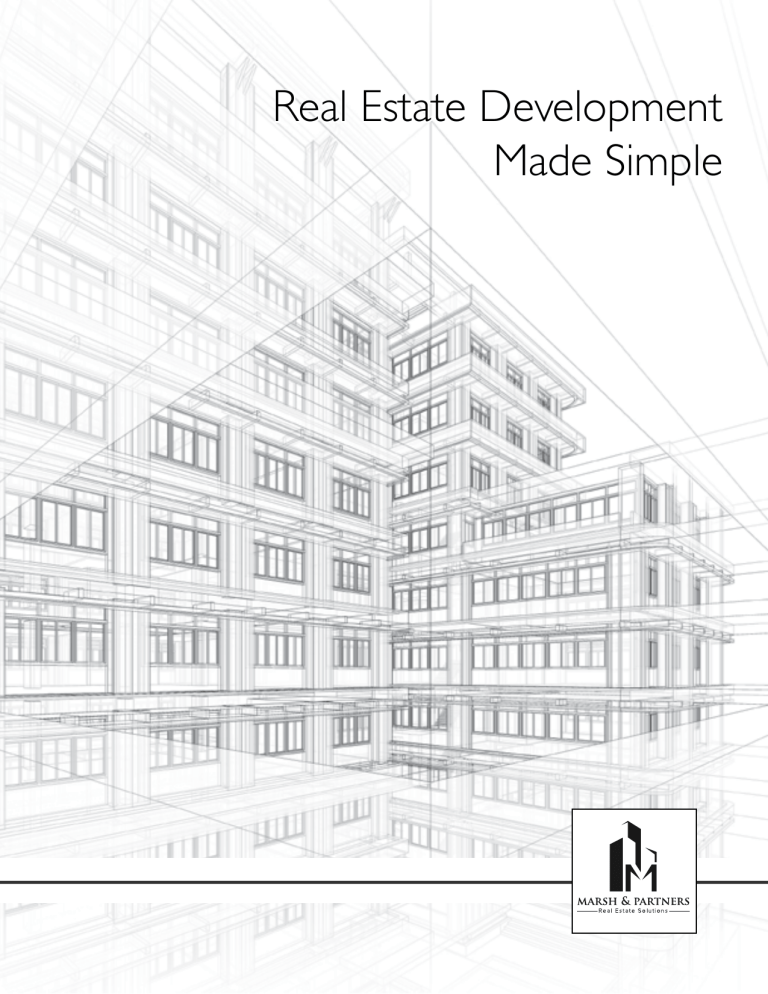
In the dynamic world of real estate, the development process is complex and multifaceted. To simplify this intricate undertaking, we delve into a comprehensive seven-step crash course that empowers aspiring developers with a foundational understanding of the development journey. From initial concept to project completion, this guide provides a practical and comprehensive roadmap for success.
The foundation of any development project lies in acquiring a suitable site. Developers conduct thorough due diligence, assessing factors such as zoning, environmental impact, and market feasibility. Legal experts advise on land title and potential easements.
Once the site is secured, the design and planning phase commences. Architects and engineers collaborate to create blueprints, floor plans, and renderings that align with the project’s vision. Building permits are obtained from local authorities, ensuring compliance with building codes and zoning restrictions.
Before construction can begin, essential preparations must be made. Developers secure necessary financing and hire a reputable contractor. Permits are obtained, including those for electrical, plumbing, and mechanical systems. Site preparation involves clearing the land and preparing it for construction.
This phase marks the physical transformation of the project. Contractors oversee all aspects of construction, including framing, roofing, installation of utilities, and interior finishes. Construction schedules are meticulously followed to ensure timely completion.
Project management is crucial for coordinating the various teams involved in the development. Developers track budgets, timelines, and compliance with building codes. Effective communication and documentation are essential to prevent costly delays or errors.
Once construction is complete, thorough inspections are conducted to ensure adherence to specifications. Final permits are obtained, and certificates of occupancy are issued, allowing tenants to move in or the property to be sold.
The development process extends beyond project completion. Developers provide warranty service and address any outstanding issues. They also monitor the property’s performance, making any necessary adjustments to ensure its long-term success.
The real estate development process is a complex and rewarding endeavor. By mastering the seven steps outlined in this crash course, aspiring developers gain the knowledge and confidence to create successful and impactful real estate projects. As the industry continues to evolve, this guide will serve as a valuable foundation for those seeking to navigate the dynamic world of real estate development.
